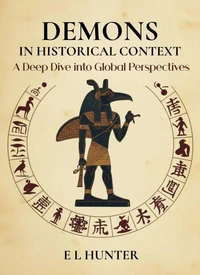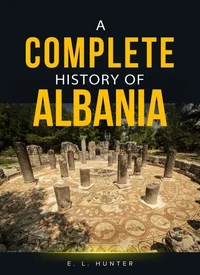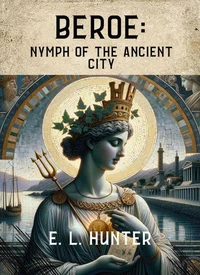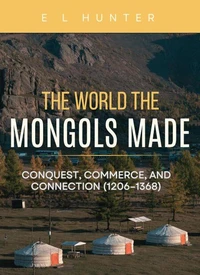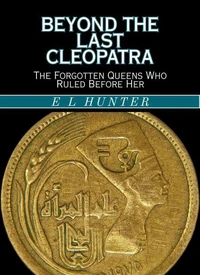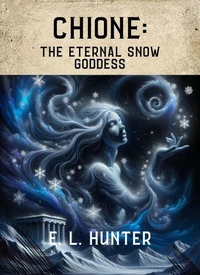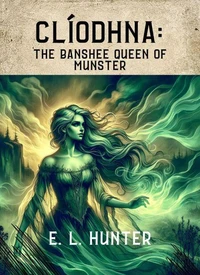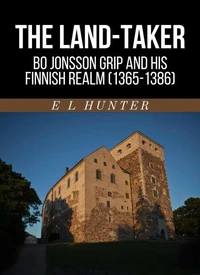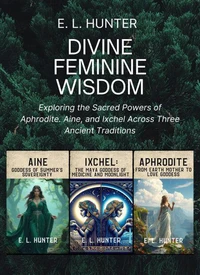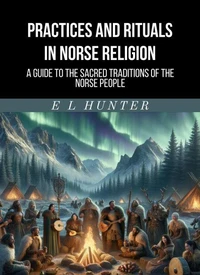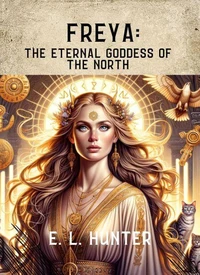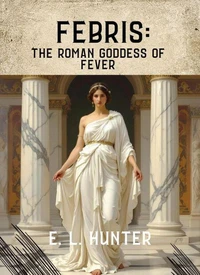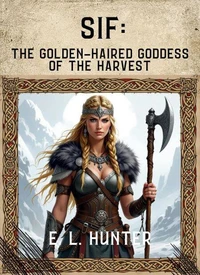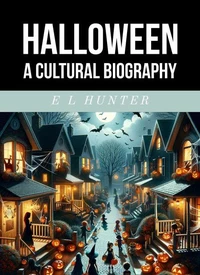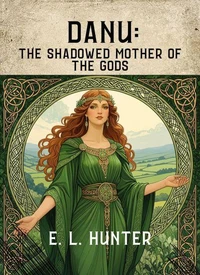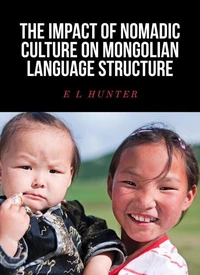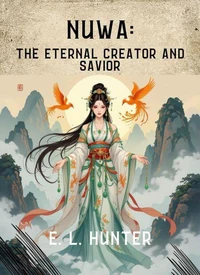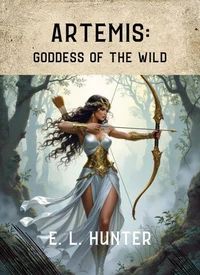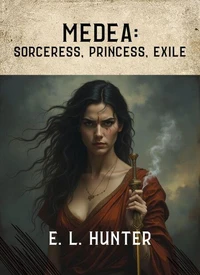Echidna: Mother of Monsters
Par :Formats :
Disponible dans votre compte client Decitre ou Furet du Nord dès validation de votre commande. Le format ePub est :
- Compatible avec une lecture sur My Vivlio (smartphone, tablette, ordinateur)
- Compatible avec une lecture sur liseuses Vivlio
- Pour les liseuses autres que Vivlio, vous devez utiliser le logiciel Adobe Digital Edition. Non compatible avec la lecture sur les liseuses Kindle, Remarkable et Sony
 , qui est-ce ?
, qui est-ce ?Notre partenaire de plateforme de lecture numérique où vous retrouverez l'ensemble de vos ebooks gratuitement
Pour en savoir plus sur nos ebooks, consultez notre aide en ligne ici
- FormatePub
- ISBN8232049393
- EAN9798232049393
- Date de parution20/09/2025
- Protection num.pas de protection
- Infos supplémentairesepub
- ÉditeurHamza elmir
Résumé
Half woman, half serpent-forgotten by history but immortal in myth. From her dark cave emerged the most terrifying creatures of Greek legend: the hundred-headed Hydra, the savage Chimera, the relentless Sphinx. They called her Echidna, Mother of Monsters, yet while heroes slaughtered her children, she remained untouched-a primordial power too ancient to destroy. This study resurrects Echidna from obscurity, revealing how this hybrid goddess embodied Greek civilization's deepest fears.
Unlike other monster studies that focus on her famous offspring, this work places Echidna herself at the center, uncovering the startling truth: she represents not chaos, but the necessary shadow of cosmic order-immortal precisely because what she embodies cannot be vanquished. Drawing from Hesiod's Theogony and archaeological evidence, the book reveals how Echidna's cave dwelling-neither in the world nor fully separate from it-mirrors her cultural function as the essential outsider who defines civilization's boundaries.
Through psychological, feminist, and comparative analysis, her serpentine form emerges as a powerful symbol of female generative power that patriarchal narratives could contain but never eliminate. Whether you're a classical scholar, mythology lover, or reader fascinated by how ancient symbols shape our understanding of power and gender, Echidna's legacy offers a profound revelation: our monsters have always been our mirrors.
In her coils lies the truth about what we fear, what we worship, and what we cannot afford to forget.
Unlike other monster studies that focus on her famous offspring, this work places Echidna herself at the center, uncovering the startling truth: she represents not chaos, but the necessary shadow of cosmic order-immortal precisely because what she embodies cannot be vanquished. Drawing from Hesiod's Theogony and archaeological evidence, the book reveals how Echidna's cave dwelling-neither in the world nor fully separate from it-mirrors her cultural function as the essential outsider who defines civilization's boundaries.
Through psychological, feminist, and comparative analysis, her serpentine form emerges as a powerful symbol of female generative power that patriarchal narratives could contain but never eliminate. Whether you're a classical scholar, mythology lover, or reader fascinated by how ancient symbols shape our understanding of power and gender, Echidna's legacy offers a profound revelation: our monsters have always been our mirrors.
In her coils lies the truth about what we fear, what we worship, and what we cannot afford to forget.
Half woman, half serpent-forgotten by history but immortal in myth. From her dark cave emerged the most terrifying creatures of Greek legend: the hundred-headed Hydra, the savage Chimera, the relentless Sphinx. They called her Echidna, Mother of Monsters, yet while heroes slaughtered her children, she remained untouched-a primordial power too ancient to destroy. This study resurrects Echidna from obscurity, revealing how this hybrid goddess embodied Greek civilization's deepest fears.
Unlike other monster studies that focus on her famous offspring, this work places Echidna herself at the center, uncovering the startling truth: she represents not chaos, but the necessary shadow of cosmic order-immortal precisely because what she embodies cannot be vanquished. Drawing from Hesiod's Theogony and archaeological evidence, the book reveals how Echidna's cave dwelling-neither in the world nor fully separate from it-mirrors her cultural function as the essential outsider who defines civilization's boundaries.
Through psychological, feminist, and comparative analysis, her serpentine form emerges as a powerful symbol of female generative power that patriarchal narratives could contain but never eliminate. Whether you're a classical scholar, mythology lover, or reader fascinated by how ancient symbols shape our understanding of power and gender, Echidna's legacy offers a profound revelation: our monsters have always been our mirrors.
In her coils lies the truth about what we fear, what we worship, and what we cannot afford to forget.
Unlike other monster studies that focus on her famous offspring, this work places Echidna herself at the center, uncovering the startling truth: she represents not chaos, but the necessary shadow of cosmic order-immortal precisely because what she embodies cannot be vanquished. Drawing from Hesiod's Theogony and archaeological evidence, the book reveals how Echidna's cave dwelling-neither in the world nor fully separate from it-mirrors her cultural function as the essential outsider who defines civilization's boundaries.
Through psychological, feminist, and comparative analysis, her serpentine form emerges as a powerful symbol of female generative power that patriarchal narratives could contain but never eliminate. Whether you're a classical scholar, mythology lover, or reader fascinated by how ancient symbols shape our understanding of power and gender, Echidna's legacy offers a profound revelation: our monsters have always been our mirrors.
In her coils lies the truth about what we fear, what we worship, and what we cannot afford to forget.




